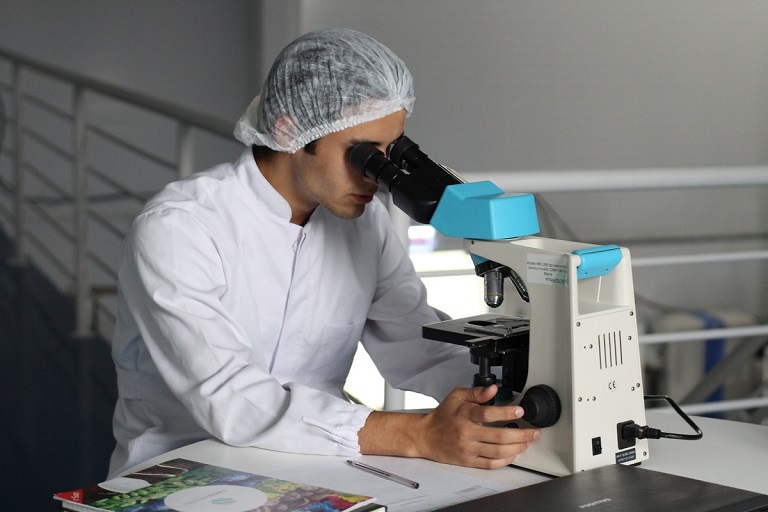How New Tech Changes Healthcare Industry in 2022
Technology is constantly changing the way we live our lives. With the medical industry being one of the most profitable sectors in the world, investors are scrambling to get a piece of it. With such high stakes, it comes as no surprise that technology is used to better healthcare visits and is taking over many healthcare facilities and practices.
New tech has dramatically improved efficiency and accuracy, allowing for both patients and doctors to experience breakthroughs in healthcare anywhere. Technology is becoming a reliable part of healthcare workers’ approach to medicine. Below we will discuss the most recent healthcare technologies used in 2022.
Artificial Intelligence
With the fast development of the new tech, medical workers have been provided with many new healthcare technologies that accurately deal with patients’ abnormal symptoms. Artificial intelligence is one of them.
Healthcare researchers can use artificial intelligence (AI) to predict outcomes for different diseases and treatments, identify the specific genes that are most likely to cause disease, monitor disease progression, identify patients who may suffer adverse side effects, and monitor treatments while they are being administered.
Virtual Reality
The use of virtual reality is becoming more and more common in the healthcare industry. In fact, many hospitals have introduced it to train new doctors or nurses. It can be used to show trainees exactly what they might experience when they are expected to perform a procedure on their own using real tools.
Healthcare workers use virtual reality to help their patients and improve the quality of their own work. From giving patients a more effective experience in the operating room to allowing them to practice at home before an appointment, these new technologies allow for better care across the board.
Nanomedicine
Nanomedicine involves the use of nanotechnology to improve health. Nanomedicine has the potential to revolutionize and personalize healthcare, control disease processes at a molecular level and allow for early detection and prevention of illness by precisely targeting drugs and sensors directly to cells and tissues.
This can greatly reduce the dosage needed for treatment while increasing effectiveness by avoiding healthy tissue. It is currently being researched as a way to treat cancer, AIDS, diabetes, heart disease, stroke, and many other illnesses.
The Internet of Things
The Internet of Things (IoT) enables the connection and communication between devices over a network. It is expected to have an immense impact on healthcare.
Connected medical devices can help doctors monitor patients’ conditions more closely, leading to earlier detection and prevention of disease. The benefits for patients are clear, including fewer hospital visits, better treatment options, and faster recovery times.
How the Healthcare Industry Is Becoming a Technical Profession
There is a growing demand for people with technical skills to work for healthcare companies, insurance companies, and hospitals. As healthcare workers become reliant on tech to treat more patients, they will need backup from software engineers and other tech workers to ensure that technology remains operational and doctors can continue to provide life-saving care.
The rise in healthcare technology is creating a hiring boom for tech workers in the healthcare industry. According to the Bureau of Labor Statistics, demand in the technology and healthcare fields is already increasing. Now that the two are merging, it appears that those with experience in either of those fields will have an increasing number of opportunities.
If you want to get a head start in the growing healthcare technology sector, you can attend a coding bootcamp, which helps people all over the world in finding the right path to learning the tech skills required to work at tech companies.
Bootcamps will provide you with relevant knowledge and hands-on experience to become a software engineer, data scientist, and more. Bootcamp students graduate faster and pay less tuition than at a traditional college.
Conclusion
The rise of tech in the healthcare industry shouldn’t be alarming since technology is making the lives of professionals worldwide easier. Technology is also giving patients more insights into their health.
Smartwatches offer EKG quality heart readings and can alert people when significant changes to heart rate or temperature. We’re probably only scratching the surface of what tech can do for the healthcare industry.


















